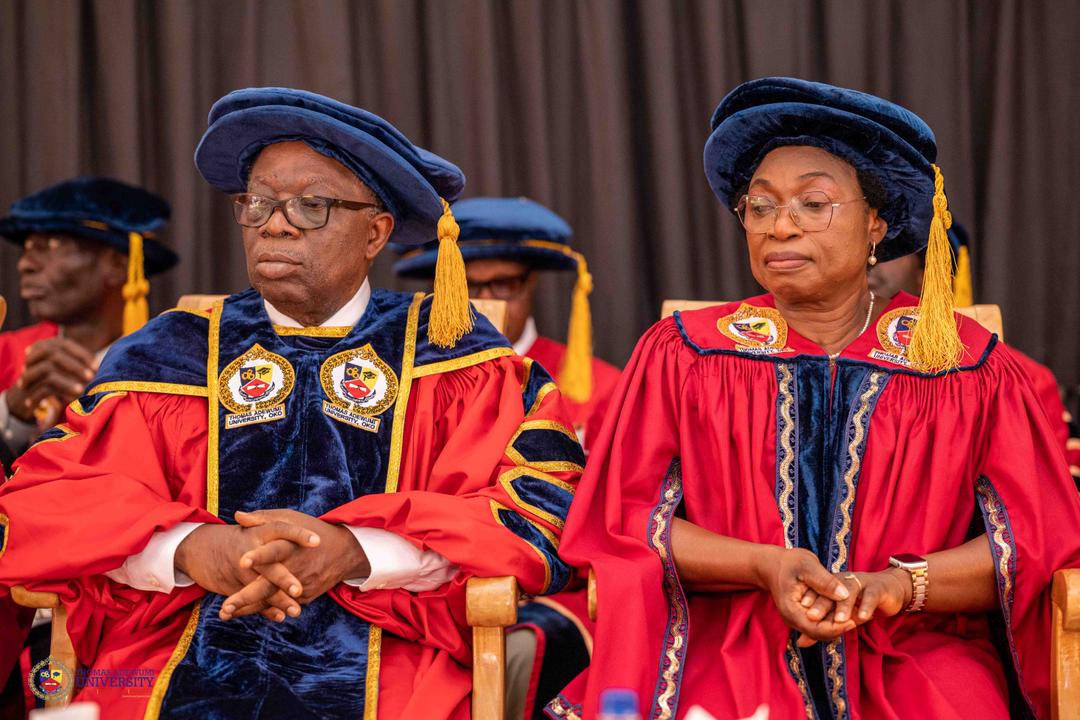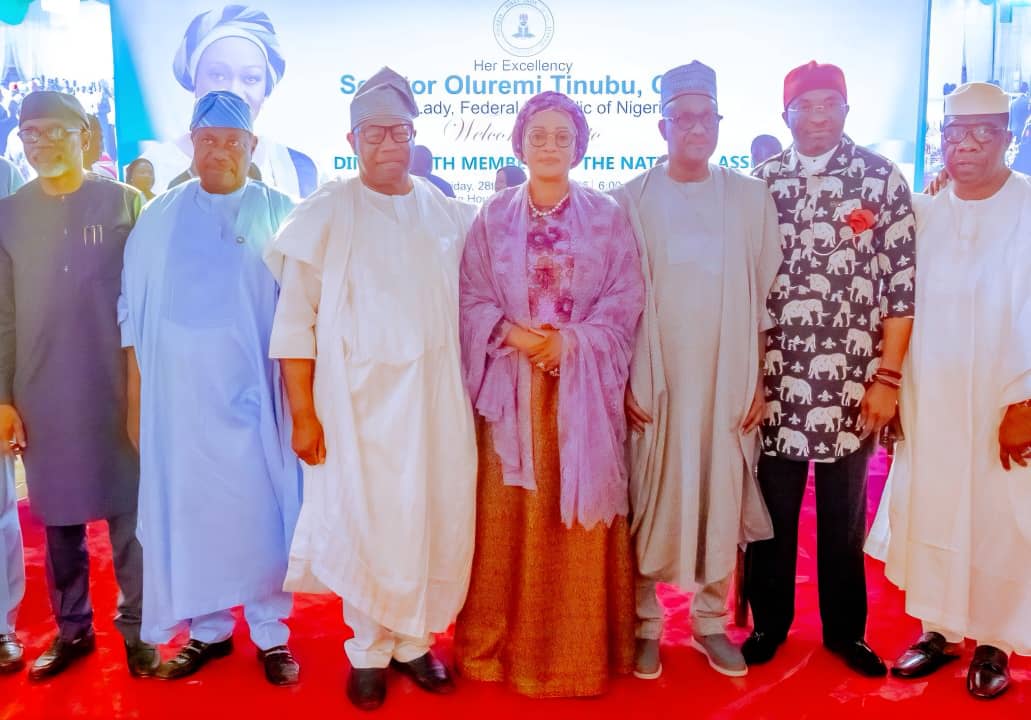Uncategorized
China endeavors to advance green transformation of construction sector
By Ding Yiting, Hong Qiuting, People’s Daily
Although the lowest temperature in Harbin city, northeast China’s Heilongjiang province, can drop to below minus 30 degrees Celsius in winter, an eco-tech industrial park in the city’s Songbei district has never needed the city’s heating network.
“These buildings are like ‘vacuum bottles’ that insulate the inside from the heat in summer and from the cold in winter. And they are also more energy-efficient than conventional buildings,” explained Guo Xuebing, manager of the company providing property services for the industrial park.
The ultra-low energy consumption buildings of the industrial park phase I project cover an area of 60,000 square meters and have adopted a wide range of green and eco-friendly construction materials, said Guo.
According to him, the use of efficient insulation materials in the exterior walls, including 250mm graphite polystyrene boards and vacuum insulated panels, has significantly improved the insulation effectiveness and reduced energy consumption of these buildings; and the underground electrothermal film system can generate far-infrared heat by electrifying the polyester film, with a heat conversion rate of 99.69 percent.
Eco-friendly building materials are an essential part of green buildings. Green building materials feature lower consumption of natural resources and less impact on the ecological environment throughout their life cycles.
The eco-tech industrial park in Harbin, for instance, can reduce carbon emissions by more than 1,000 tons a year compared to regular buildings with the same area.
As China makes constant strides in social and economic development, the country sees a growing trend toward the consumption of green building materials.
In 2020, China’s Ministry of Housing and Urban-Rural Development (MOHURD) and Ministry of Finance (MOF) jointly issued a notice on pilot work for government procurement of and support of green building materials to improve building quality. The document designated new government procurement projects in the six cities of Nanjing, Hangzhou, Shaoxing, Huzhou, Qingdao and Foshan as pilots, requiring the use of new industrialized construction methods in designing and construction, such as prefabricated construction and intelligent construction, as well as green building materials that meet performance specifications.
So far, the governments mentioned have spent about 100 billion yuan ($14.84 billion) on these projects and have purchased 5.3 billion yuan ($787.45 million) in green building materials.
The green transformation of the construction sector is a systemic initiative that affects the entire industrial chain. In addition to the use of green building materials, the country needs to integrate green and low-carbon development into construction, operation, and other links of the industrial chain so as to make more buildings green.
The construction of buildings usually generates a lot of pollution, which is the key issue to be solved in the green transformation.
The widespread application of prefabricated construction techniques has made factory-built houses a possibility and significantly reduced the amount of waste and pollutants produced during construction.
In a smart factory at an intelligent construction base of China State Construction Engineering Corporation in Maxi industrial area in Huadu district, Guangzhou city, capital of south China’s Guangdong province, high-quality composite floor slabs are manufactured with high efficiency.
After preparatory procedures including die-filling, oiling and reinforcement, workers press several buttons, and in a few seconds, a two-by-three-meter composite plate is cast. Then after a few more procedures, including vibration, maintenance, and demolding, a high-quality composite floor slab is manufactured at the automated production line of the factory.
The components production line of the factory, which is equipped with advanced large-scale automated machinery and equipment, including intelligent steel welding robots, a smart bar bending center, and computer numerically controlled steel straightening and cutting machines, runs in order with high efficiency.
“This is a prefabricated building production base covering the whole industrial chain. We manufacture components of buildings in our factories, and then transport them to construction sites for on-site assembly,” said Zhang Junsheng, a factory manager with the construction base.
Components of buildings are manufactured on production lines before assembly in residential communities, which ensures no obvious visible rising dust on the construction sites, according to Zhang.
China has been making continuous efforts to promote the green transformation of its construction sector. By 2025, all newly built buildings in China’s urban areas will be green buildings, said a plan for building energy efficiency and the development of green buildings during the 14th Five-Year Plan (2021-2025) period released by the MOHURD.
The plan aims to complete energy-saving renovation of existing buildings with a combined area of over 350 million square meters, build ultra-low and near-zero energy-consuming buildings covering an area of more than 50 million square meters, and increase the annual share of prefabricated buildings in newly built urban buildings to 30 percent by 2025.
Such rapid growth in the number of green buildings in China will not only change the methods of construction, but improve the quality of people’s lives.
Uncategorized
TAU reaffirms commitment to globally competitive learning

- As 16 graduands make First Class
Stephen Olufemi Oni, Ilorin
The Thomas Adewumi University (TAU), Oko-Irese, in the Irepodun local government area of Kwara State, has reaffirmed its commitment to strengthening quality education, innovation, and globally competitive learning.

Speaking at the institution’s 2nd Convocation ceremony in Oko-Irese, the Vice Chancellor of the University, Professor Francisca Onaolapo Oladipo, said TAU is living up to its ranking as the fastest growing institution in Science, Technology, Engineering, Medicine, and Innovation (STEM-i) ecosystem by surpassing more than 100 percent in its number of graduating students at the second convocation.
She said: “TAU emerged on April 8, 2021, as Nigeria’s fastest-growing Science, Technology, Engineering, Medicine and Innovations (STEM-i) ecosystem. Today, we rank 1st among the 20 private universities that were licensed in
2021, 4th among the 14 Universities in Kwara State, 5th among Nigeria’s over 170 private Universities and 50th nationally, an impressive rise reflecting our unwavering commitment to excellence.
”What a Moment of Extraordinary Significance today, we stand at a crossroads far more significant than words can adequately capture. Exactly one year ago, we gathered at this very Auditorium to celebrate our inaugural Convocation, a ceremony that marked the graduation of 26 pioneering students who dared to believe in a vision when others saw only impossibility. Those 26 trailblazers proved that Thomas Adewumi University was not just a dream, but a reality rooted in excellence. Today, as we honour 63 outstanding graduates, we witness something far more profound than numerical growth.
“This 142% increase in our graduating class is not merely a statistic to be recorded in annual reports, it is a declaration that Thomas Adewumi University has transcended the realm of promise and entered the domain of proof.
“We have moved from potential to performance, from aspiration to achievement, from vision to velocity.
This year, 63 graduands from 4 Faculties and 11 academic programmes are being conferred. It is noteworthy that we have 16 First Class graduates, 40 in Second Class Upper Division, and 7 in Second Class Lower Division. These results reflect the quality of training and mentorship provided at Thomas Adewumi University, and we are proud to contribute these innovators to both the Nigerian and global workforce, confident that they will make a meaningful
impact.
”Preparing Globally Competitive Graduates, these 63 graduands are not merely degree holders, they are comprehensively prepared global professionals equipped with exceptional advantages that set them apart from their peers nationwide. Through our international partnerships, these graduates have obtained additional microcredentials from MIT, Harvard, Stanford, Columbia, Berkeley, and Yale, world-class certifications from Alison, UK, RUDN professional University, Russia, World Bank’s Saylor Academy, Google, ICAN, and the Global Partnership for Sustainable Development initiatives in Data Science and Artificial Intelligence.
“Our Coursera collaboration provided them with additional industry certifications, while partnerships with Microsoft, IBM SkillsBuild, and MIT OpenCourseWare through our Global Campus initiative democratize access to cutting-edge knowledge. They are thus fully equipped to embark on meaningful and innovative careers in today’s technology-driven world.”
Earlier in his Convocation Lecture, titled “Crowdfunding Opportunities forstartups: Equiping Nigerian graduates for a sustainable future”, Dr. Bayo Williams Olugbemi charged the graduads on the mindset of job creation, saying “as a graduate, your future is not defined by what Nigeria gives you, but by what you create. The idea of crowdfunding is the idea of hope. It is proof that when people come together, ideas once impossible become achievable.
“I urge you not to think only about searching for jobs. Instead, think about creating value, and if capital is a barrier, remember: “The crowd can be your first investor.”
In his goodwill message, the Executive Secretary of the National University Commission, Professor Abdullahi Ribadu, represented by Esther I. Eyo, Esq commended the resilience of TAU management said “NUC acknowledges TAU sustained progress in advancing quality teaching, impactful research, innovation, and community engagement, all of which align with our national aspiration for a globally competitive and knowledge-driven university system.
“It would interest you to know that, in the accreditation exercise conducted in 2023, Thomas Adewumi University achieved a 100% Full Accreditation status across all programmes assessed a laudable feat that reflects the University’s strong commitment to maintaining high academic standards.”
Also speaking, the Founder/Chancellor of the institution, Dr. (Engr) Johnson Adewumi, urged the graduands to be good ambassadors of the University, adding: “Remember that your degree is not an end but a beginning, go forth with courage, humility, and a sense of responsibility. Strive to illuminate whatever space you occupy with the light of integrity, excellence and service.”
Highlight of the event was the conferment of an honorary doctorate degree on two distinguished personalities; Engr Oluseyi Afolabi and Pastor Oladokun Olatunde.
End
Uncategorized
photo

L-r Speaker, House of Representatives, Tajudeen Abbas; President of the Senate, Godswill Akpabio and Nigeria’s First Lady, Senator Oluremi Tinubu, during the dinner for members of the National Assembly by the First Lady yesterday. Photo: Senate President’s Office.
Uncategorized
JUST IN: Even Tinubu moves with too many police escorts – Senator Ndume

By Hassan Taiye
Senator Ali Ndume has criticised what he described as the excessive use of security convoys by top government officials, including President Bola Tinubu, warning that the practice leaves ordinary citizens exposed and vulnerable.
Speaking on Politics Today on Channels Television on Thursday, Ndume said many public office holders move with security details that are unnecessarily large, even when their positions do not warrant such heavy protection.
He recalled visiting the residence of a colleague and finding “more than 10 policemen” attached to him, despite the lawmaker being junior to him in the National Assembly.
Ndume further argued that the presidential convoy itself is excessively large, stressing that security efforts should be focused on protecting the overall environment rather than individual personalities.
He said: “I went to one of my colleagues’ house for dinner. And I saw more than 10 policemen. He is even my junior in the National Assembly. Some of them, if you see them coming, you will pull back thinking that maybe it’s the President or the Vice President that is coming.
“
You can see even the president, the convoy that the president goes about with is too much. Secure the place and when the president goes, you withdraw. Secure Abuja and the president can even drive out, you know, himself.
But when you secure personalities, and this is what is happening in Nigeria, then others, common people, as we call them, become vulnerable, and we don’t care. So if you secure Abuja, then you can drive at night. And let me tell you, this is what is happening in most countries”.
The lawmaker’s comments come just days after President Tinubu ordered the withdrawal of police officers from VIP escort and guard duties.
In a statement, the Special Adviser to the President on Information and Strategy, Bayo Onanuga, said the directive was aimed at redeploying police manpower to core law enforcement responsibilities.
-

 Uncategorized5 years ago
Uncategorized5 years agoFG, states urged to harness flooding for ranching, others with technology – Agbaje
-

 Headlines10 years ago
Headlines10 years agoBreaking: EFCC seals Borno House of Assembly, as Hon members take to their heels
-

 News11 years ago
News11 years agoNigeria Security Operatives Stage Manhunt For Homosexual Perpetrator
-

 News9 years ago
News9 years agoHow 21-year-old Girl fled community over accusation of lesbianism
-

 News10 years ago
News10 years agoYobe Gov Moves Against Deputy
-

 Opinion7 years ago
Opinion7 years ago7 signs she has friend zoned you
-
Technology4 years ago
Online job placement company headhunts women
-

 Headlines10 years ago
Headlines10 years agoBorno Dep Gov Abducts Another Church Leader





